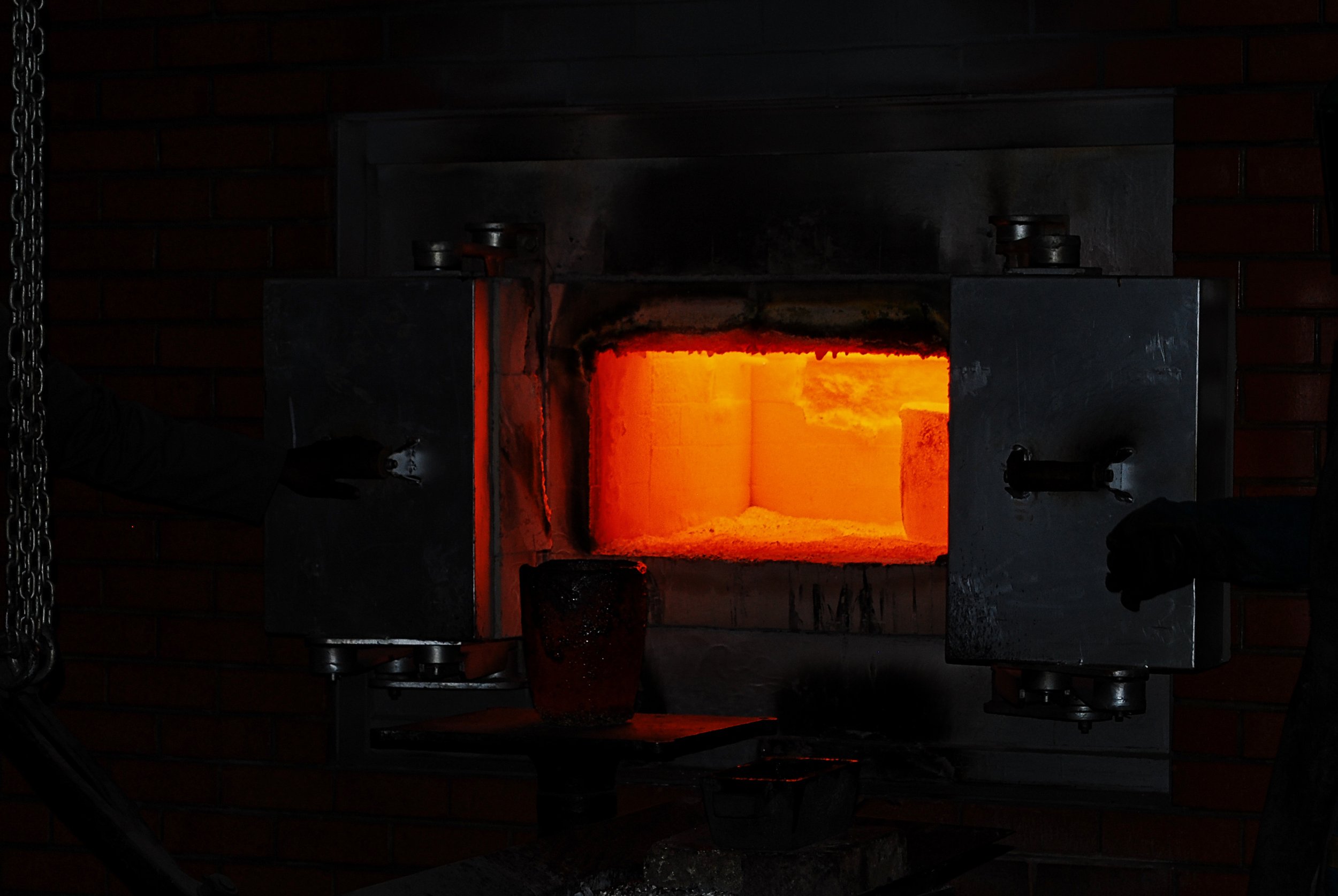Different Quenching Oils and Fluids to Maximize Steel Hardening Results
Welcome to Flames and Blades: A Blog for Blacksmith and Bladesmith Enthusiasts. Each week, sixth generation blacksmith Jacob Phillips shares a little bit of knowledge and history. New articles arrive on Tuesdays and can be found at Jacob’s website or here on BDF. Check back each week for Jacob’s latest article!
When it comes to making knives, one of the most important steps is the quenching process. Quenching is the rapid cooling of the metal to harden it and make it strong enough to hold an edge. However, not all quenching oils are created equal. In this article, we will explore the different types of quenching oils and their purposes.
If you are not sure what type of quenching oil to use, check out our chart here to get the best results.
Parks AAA
Parks AAA is one of the most common quenching oils used in knife making. Parks AAA is considered a medium to fast quenching oil. Parks AAA is suitable for quenching knives and steel made from O1, 5160, 1080, and 1084.
Parks 50
Parks 50 is a quenching oil that is specifically designed for knife making. It has a fast cooling rate, making it ideal for knives made from low alloy steels. Its fast cooling rate helps to prevent soft spots and ensures a consistent hardness throughout the blade. Parks 50 is also suitable for quenching small blades.
Canola or Vegatable Oil
Canola or vegatable oil is a popular alternative to quenching oils. It is affordable and readily available. Canola and vegetable oil is suitable for knives made from high carbon steel and is ideal for quenching small blades. Its cooling rate is slower than Parks 50 but faster than Parks AAA. Its cooling rate is also similar to Parks 50 oil.
Water
Some people ask why don't you use water. In some instances water can be used for quenching, it is not the best choice for all applications. Typically water quenching is best for maximum cooling rates. This is most common in non-ferrous alloys, austenitic stainless steels, and low carb steels like mild steel. The reason why water is not used when hardening high carbon steels is because of the high cooling rate. This tend to cause cracks and distortions to the steel. This can cause uneven hardness in your blades also known as soft spots.
Motor Oil
Motor Oil used to be another alternative that you will hear mentioned from time to time. Motor oil should never be used for quenching steels. The fumes that are released during the quenching process when using motor oil very toxic and harmful to the human body. Although it may be cheaper to used motor oil it is not worth the risk.
Choosing the right quenching oil is crucial to the success of your knife making project. Each oil has its own specific purpose and is suitable for different types of steel and blade sizes. By understanding the differences between each oil, you can choose the one that best fits your needs and ensure that your knives turn out strong and durable.
This article is posted in partnership with Six-Gen Forge. Interested in reading more articles from Flames and Blades? Check out more blog posts here! New posts come out every Tuesday!
About The Author
More Flames and Blades











